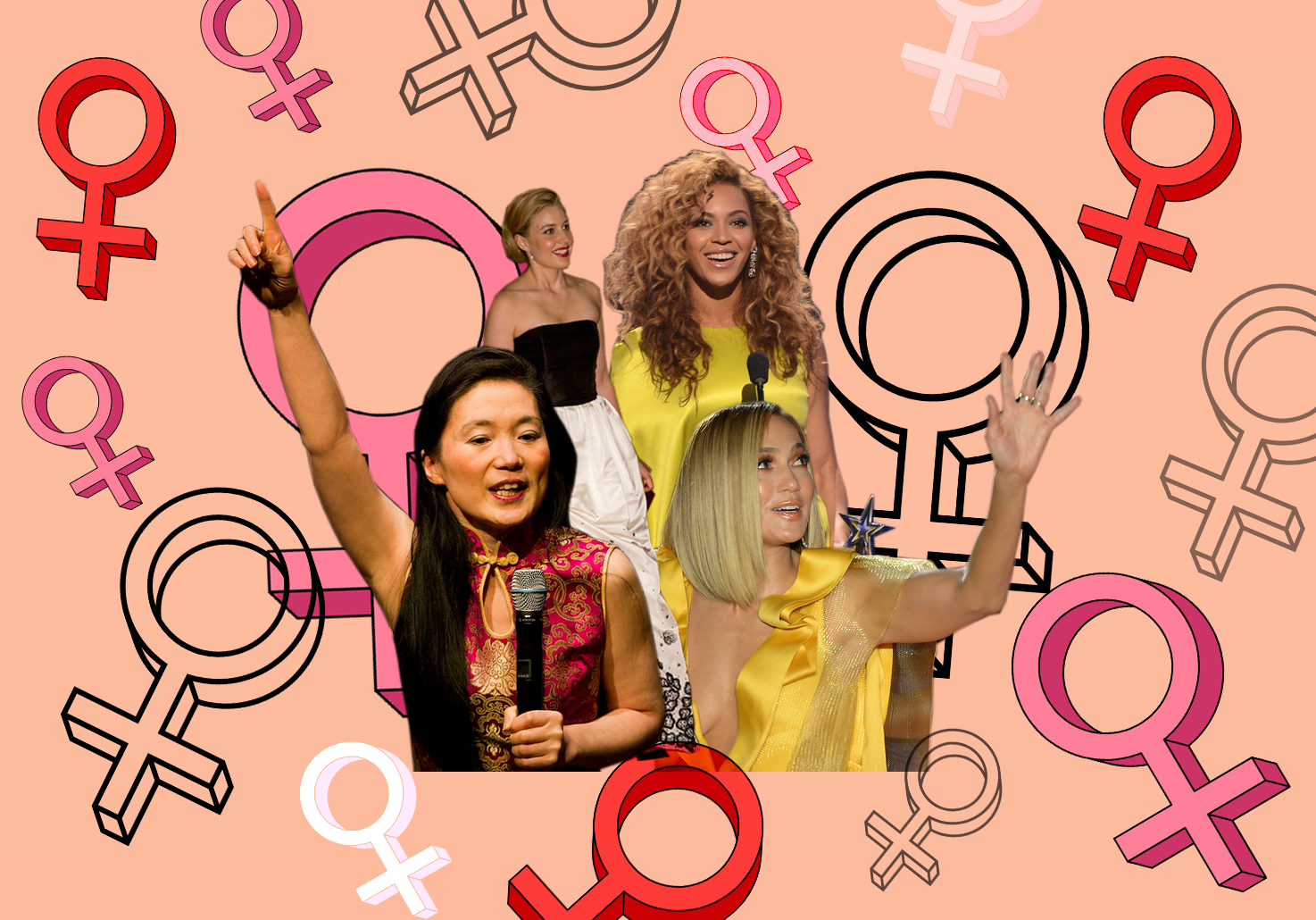So, you’ve likely heard the news about the Oscars.
There were no female directors nominated and only one person of colour was named for an acting category. The thing is, I’m less angry about the nominations themselves, and more frustrated at what this perpetuates about films and their relation to women and people of colour (POC). There was no lack of films starring and directed by women and POC this year, but it wouldn’t seem that way based on Oscar nominations alone.
The issue in Hollywood is that white men are seen as the standard. A male director is just a director, but a female director is a female director. A movie starring a mostly-male cast is simply just a movie. A movie with a mostly-female cast is suddenly a female film. This creates a distinct separation between films helmed by women and films helmed by men. When a director or movie has the adjective “female” in front of it, it somehow loses credibility in the eyes of many male moviegoers and Academy voters. When it comes to characters on screen, white, male characters are considered to be more relatable than films about other groups of people; thus the nearly all-white acting nominees at the Oscars this year.
People want to be represented in the stories they consume, and are naturally drawn to those stories. The nominations by the Academy definitely reflects this, considering in 2018 the Academy was only 31 percent female and 16 percent non-white. Perhaps voters don’t connect to certain films, so they don’t interact with them. Moreover, according to Variety, one Academy member noted that there is “a bias even in what people choose to watch,” and later said that if nothing is done about this, then “we’re awarding awards to the best performance within films that Academy members are predisposed to watching, not the best acting performance in a given year.”
Hollywood could easily change and diversify the films it produces and the Academy could change the films in recognizes as prestigious, but they don’t.
When everything is taken into account, it seems as though there’s no real consideration for films about and by women and POCs—like movies that aren’t helmed by white men don’t matter as much. We’re taught to value the lives and struggles of white men while disregarding the lives and struggles of minorities. I’m not saying that the Academy should just give out awards to a film just as long as it is directed by a woman or POC. Artistic merit still matters. I’m saying they need to give those films a fighting chance, that they should be open to the stories of people that are different than they are.
A film doesn’t necessarily have to pass the Bechdel test to be a good movie, and most of the Best Picture nominees prove this since most of the films don’t pass but are still great films. But, I can still watch a film like 1917 or Once Upon a Time in Hollywood, connect to its characters, be emotionally invested in them and the picture regardless of the fact that the leads are white men. By that token, white men can then get themselves to the theatre to see films about women and POC and feel something for those characters. I’ve been able to find small ways to see myself in these roles all my life, so they can do it too.
We may not be Academy members, but we can choose which films to give our money to. Go and support films led by women. Go support films led and directed by people of colour. It’s not difficult, it’s just a matter of empathy.
Collage by Laurence BD




